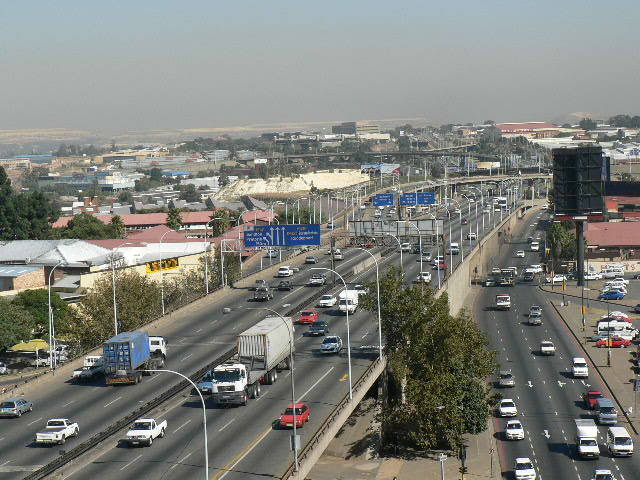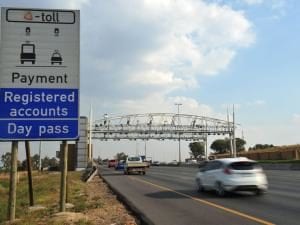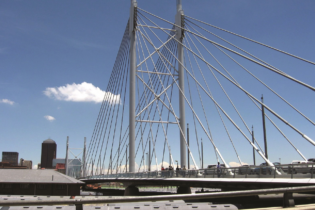 Planning for new highways has been brought to a standstill due to a severe lack of funds, the South African National Roads Agency’s (SANRAL) manager for tolls and traffic Alex van Niekerk said.
Planning for new highways has been brought to a standstill due to a severe lack of funds, the South African National Roads Agency’s (SANRAL) manager for tolls and traffic Alex van Niekerk said.
Behind schedule
SANRAL plans the construction of a new freeway five years in advance based on extensive traffic modelling, travel demand patterns, and city planning and urban development.Van Niekerk said that phases two and three of the GFIP should have already begun.
According to the initial GFIP roll out plan, the PWV 14, linking the R21 at OR Tambo with the N3/M2 at the Geldenhuys interchange should have been completed. The PWV 9, a parallel route to the N1 between Pretoria and Johannesburg was also supposed to be under construction already, however the projects have not begun and congestion on the networks have begun increasing.Highest affected areas
All the major metropolitan areas have faced high levels of congestion and motorists often spend hours travelling to and from work. According to the Tom Tom Congestion Index, Cape Town is currently the most congested city in South Africa. “Traffic congestion has negative impacts on society, the environment and economy,” van Niekerk said and added that Gauteng and Durban also face severe traffic congestion.Solutions
Van Niekerk said “It is important to note that the solution to congestion and transportation issues do not lie in a single solution,” and suggested that as part of an integrated transport solution, the following could also help:- More freeways
- Public transport
- Travel demand management
- Intelligent Transport Systems
- Incident Management Systems
- Upgrading and expanding the supporting road network by provincial and municipal authorities







